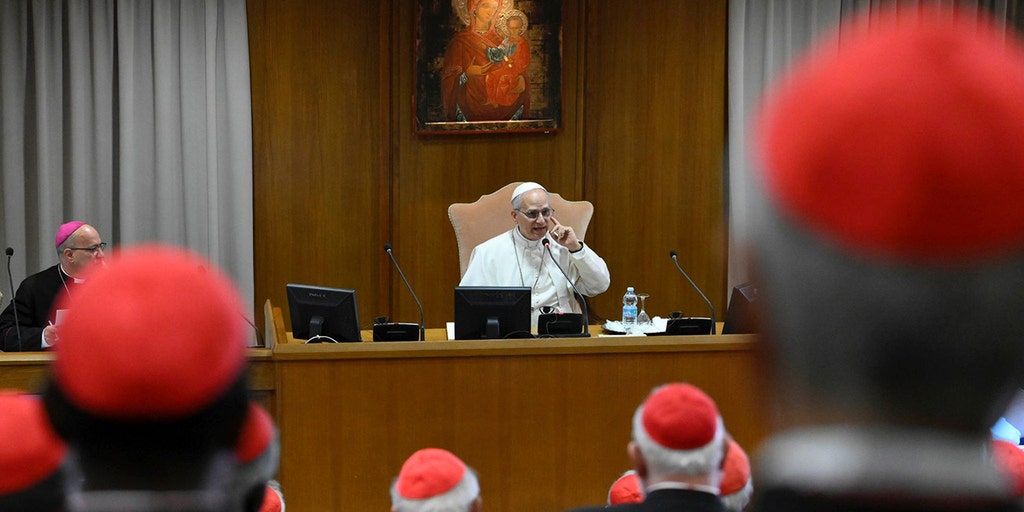
In a significant statement reflecting growing global concern over the ethical implications of artificial intelligence (AI), Pope Leo XIV has warned that unchecked advancement of AI technologies could pose a serious threat to human dignity. His remarks mark a pivotal moment in the Catholic Church’s engagement with emerging digital culture and the responsibilities it entails.
Speaking from the Vatican, Pope Leo XIV called on church leaders, policymakers, and technologists to ensure that the development and deployment of AI systems remain guided by moral principles and deep respect for human rights. He emphasized that artificial intelligence, if used without clear ethical frameworks, could exacerbate social inequalities, marginalize vulnerable populations, and reduce human beings to data points in decision-making processes.
“The Church must be a voice of conscience in a technological world,” the Pope stated. “AI should never become a tool that strips individuals of their worth or replaces human compassion.”
The Pope’s comments come as governments around the world grapple with how to regulate AI in fields as varied as healthcare, law enforcement, finance, and education. Concerns have been mounting over algorithmic bias, job displacement, privacy violations, and the erosion of intimate human interactions—all challenges that Pope Leo XIV believes must be addressed from a perspective of justice and human dignity.
He emphasized the Church’s responsibility to advocate for those who may be most at risk of harm from AI—particularly the poor, the elderly, and those in the developing world who may suffer disproportionate negative effects as digital disparities grow wider.
In response to these challenges, Pope Leo XIV urged Catholic institutions worldwide to promote ethical research, encourage interdisciplinary dialogue, and collaborate with different sectors of society to shape AI development in ways that serve the common good.
The Vatican has already made moves in this direction. In 2020, it launched the ‘Rome Call for AI Ethics,’ an initiative aimed at promoting ethical principles in AI development, supported by tech companies and universities around the globe. The Pope’s latest remarks bolster that effort by reaffirming the Church’s moral opposition to any use of AI that undermines human rights or entrenches exploitation.
In conclusion, the Pope’s warning acts as both a moral appeal and a strategic call to action. As artificial intelligence continues to transform the global landscape, the Catholic Church is positioning itself as a key player in ensuring that these technologies reflect values of dignity, compassion, and respect for all human beings.
Source: https:// – Courtesy of the original publisher.








